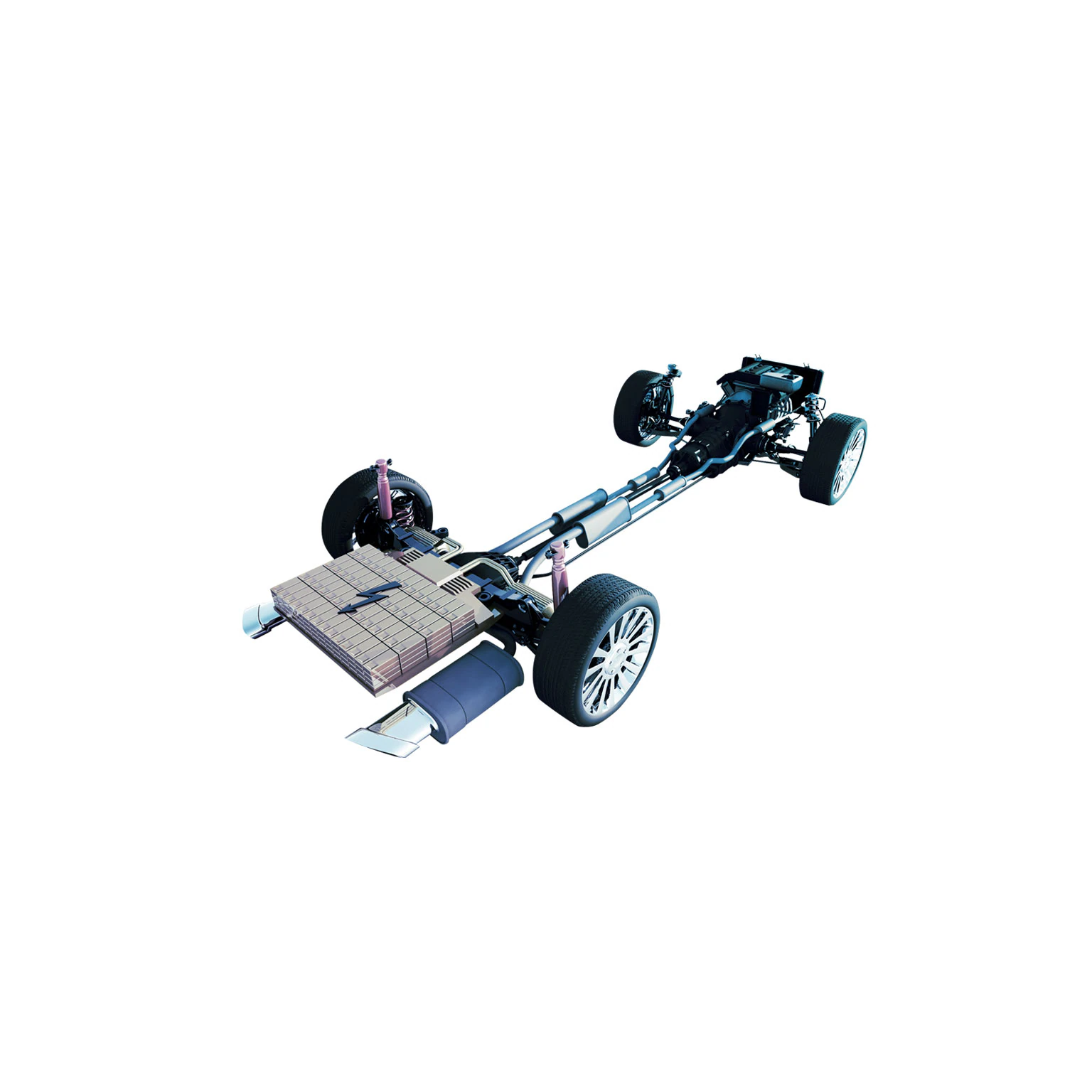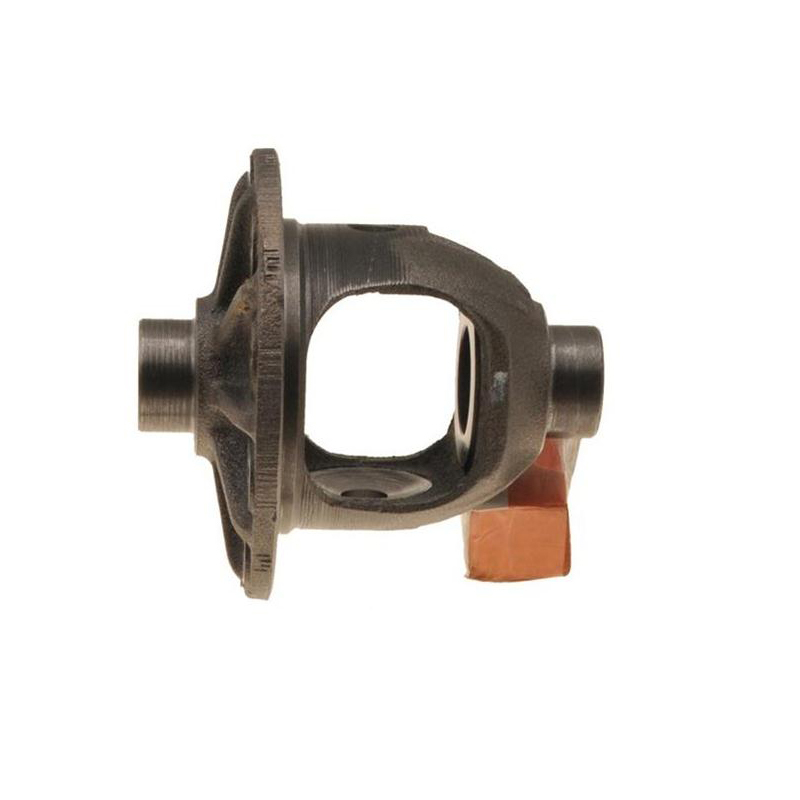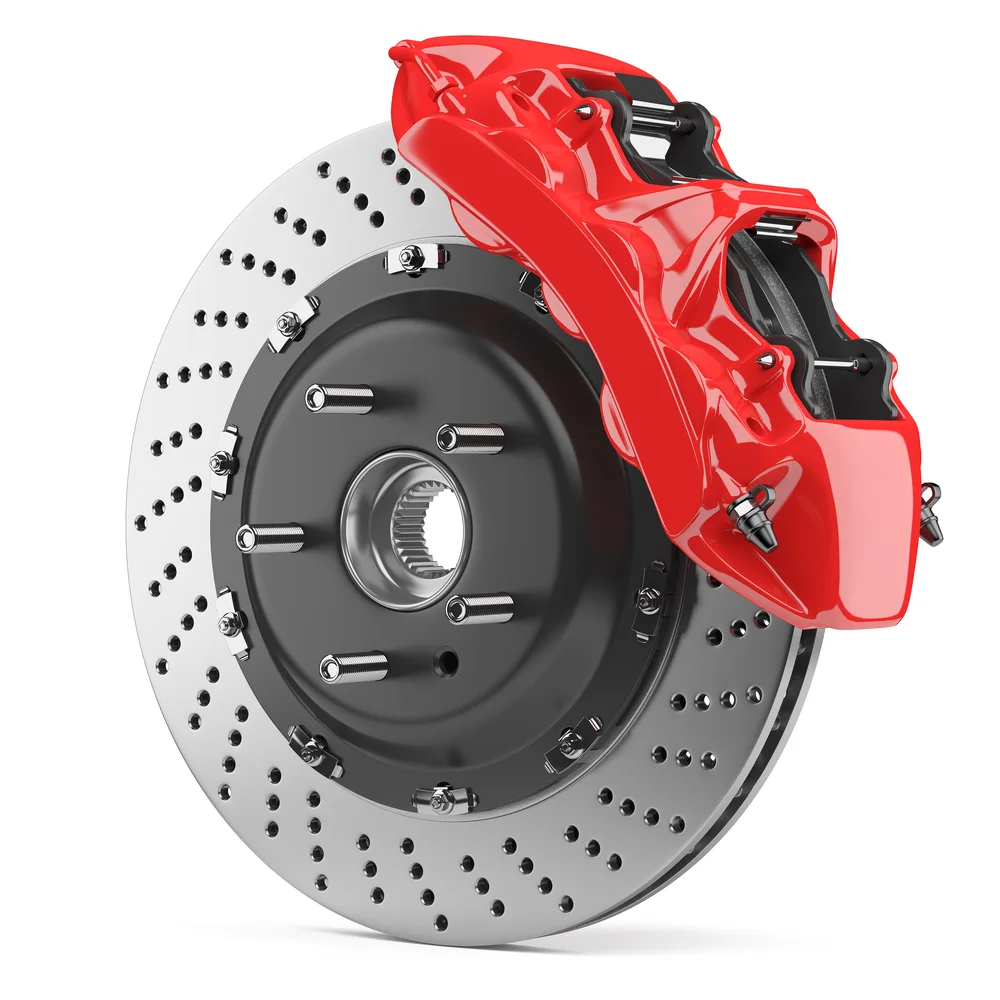Differential clutch Pack
KSh 36,000.00 (excl VAT)
In Stock
Understanding Differential Clutch Packs: A Simple Guide for Beginners Differential clutch packs are a fascinating yet often overlooked part of many modern vehicles. These important components allow drivers to maneuver smoothly, especially on rough roads or around sharp turns. If you’re curious about how cars achieve these smooth movements and how they maintain traction, then […]
Understanding Differential Clutch Packs: A Simple Guide for Beginners
Differential clutch packs are a fascinating yet often overlooked part of many modern vehicles. These important components allow drivers to maneuver smoothly, especially on rough roads or around sharp turns. If you’re curious about how cars achieve these smooth movements and how they maintain traction, then understanding differential clutch packs is a great place to start. In this blog, we’ll dive into what differential clutch packs are, how they work, and why they’re so essential.
What is a Differential Clutch Pack?
A differential clutch pack is a set of plates or discs that help control power distribution between the wheels of a vehicle. The clutch pack is housed within the differential, a part found in the axles of many vehicles. This component plays a critical role in allowing wheels to rotate at different speeds, especially when a vehicle is turning.
Why Are Differential Clutch Packs Important?
Without a differential clutch pack, wheels would be forced to rotate at the same speed. Imagine trying to turn a corner with both wheels locked in at equal speeds — it would lead to tire scrubbing, poor handling, and increased wear. Differential clutch packs provide flexibility, allowing each wheel to move at its own speed. This capability is crucial for smooth, efficient driving, particularly on slippery or uneven surfaces.
How Does a Differential Clutch Pack Work?
The clutch pack inside the differential uses friction to control wheel speeds. Here’s a simplified step-by-step explanation of how it works:
- Power Transmission: The engine transmits power to the wheels through the drivetrain, where the differential sits. The differential splits this power between the wheels.
- Detecting Differences in Wheel Speed: When turning, the wheels on the outside of the turn need to rotate faster than the inside wheels. The differential clutch pack detects this speed difference and allows each wheel to move accordingly.
- Clutch Pack Engagement: In response, the clutch pack engages or disengages, creating friction. This friction lets the wheels adjust their speed differences, which is essential for smooth turning and better control.
Types of Differential Clutches
There are several types of differential clutches, each designed for specific driving conditions and vehicle types:
- Limited-Slip Differentials (LSD): This type is common in performance and off-road vehicles. It provides a limited amount of slip to prevent one wheel from spinning freely, giving better traction.
- Locking Differentials: Found in heavy-duty and off-road vehicles, this type locks both wheels together, forcing them to spin at the same speed. Locking differentials are beneficial in tough terrains but can make turning more challenging.
- Torque-Vectoring Differentials: These are more advanced and typically found in high-performance vehicles. They distribute torque between wheels based on driving conditions and enhance handling and stability.
Benefits of a Differential Clutch Pack
Differential clutch packs bring several important benefits to drivers. Here’s how they make a difference:
1. Enhanced Traction
In situations where traction is limited, such as on wet or icy roads, differential clutch packs can help prevent wheel slippage. This ensures that the vehicle maintains stability and improves safety for drivers and passengers.
2. Better Cornering
Differential clutch packs make it easier for vehicles to turn smoothly by adjusting wheel speeds. This ability reduces strain on the tires, making driving on curves more manageable.
3. Improved Vehicle Control
With differential clutch packs, drivers experience improved control of their vehicles. This feature is especially valuable in off-road conditions or when driving on uneven surfaces, as it reduces the risk of losing traction.
Differential Clutch Packs in Everyday Vehicles
While differential clutch packs are often associated with high-performance or off-road vehicles, they’re also present in many regular cars. Manufacturers have developed compact and efficient differential systems that can be found in family cars, trucks, and even some motorcycles. These everyday vehicles benefit from differential clutch packs in terms of enhanced stability and safety, even during daily commutes.
How to Maintain Differential Clutch Packs
Like other car components, differential clutch packs need regular maintenance to function properly. Here are a few simple tips:
- Check Differential Fluid: The fluid inside a differential keeps the clutch pack cool and lubricated. Regularly checking and replacing this fluid as recommended can extend the life of the clutch pack.
- Listen for Unusual Sounds: Grinding or whining noises from the axle could indicate wear in the differential clutch pack. If you hear these sounds, have a mechanic inspect it.
- Follow Manufacturer’s Guidelines: Every vehicle is different. Checking your vehicle’s maintenance guide can ensure you follow the correct maintenance procedures for your specific model.
Common Issues with Differential Clutch Packs
Even with proper maintenance, differential clutch packs can encounter issues. Here are some common ones:
1. Worn-Out Clutch Plates
Over time, the friction plates in the clutch pack can wear out. When this happens, the differential may struggle to manage wheel speeds effectively, leading to poor performance.
2. Differential Fluid Leaks
Fluid leaks can cause overheating in the differential, reducing its effectiveness. Leaks are often due to worn-out seals or gaskets, and they can lead to costly repairs if not addressed.
3. Reduced Traction
In some cases, a worn clutch pack may reduce traction, especially on slippery surfaces. This issue can make it challenging to drive in tough conditions and may require a replacement.
Conclusion
Differential clutch packs play a crucial role in keeping vehicles stable and safe. By allowing wheels to spin at different speeds, they enhance traction, make cornering smoother, and give drivers greater control. Whether in an off-road vehicle or a family car, differential clutch packs ensure a smooth driving experience. Taking care of these components can make a big difference in the long-term performance and reliability of your vehicle.
Understanding differential clutch packs may seem complex, but with a bit of knowledge, it becomes clear just how essential they are in modern driving. So next time you’re on the road, you’ll know just a bit more about the fascinating mechanics that make each journey smoother and safer.






There are no reviews yet.